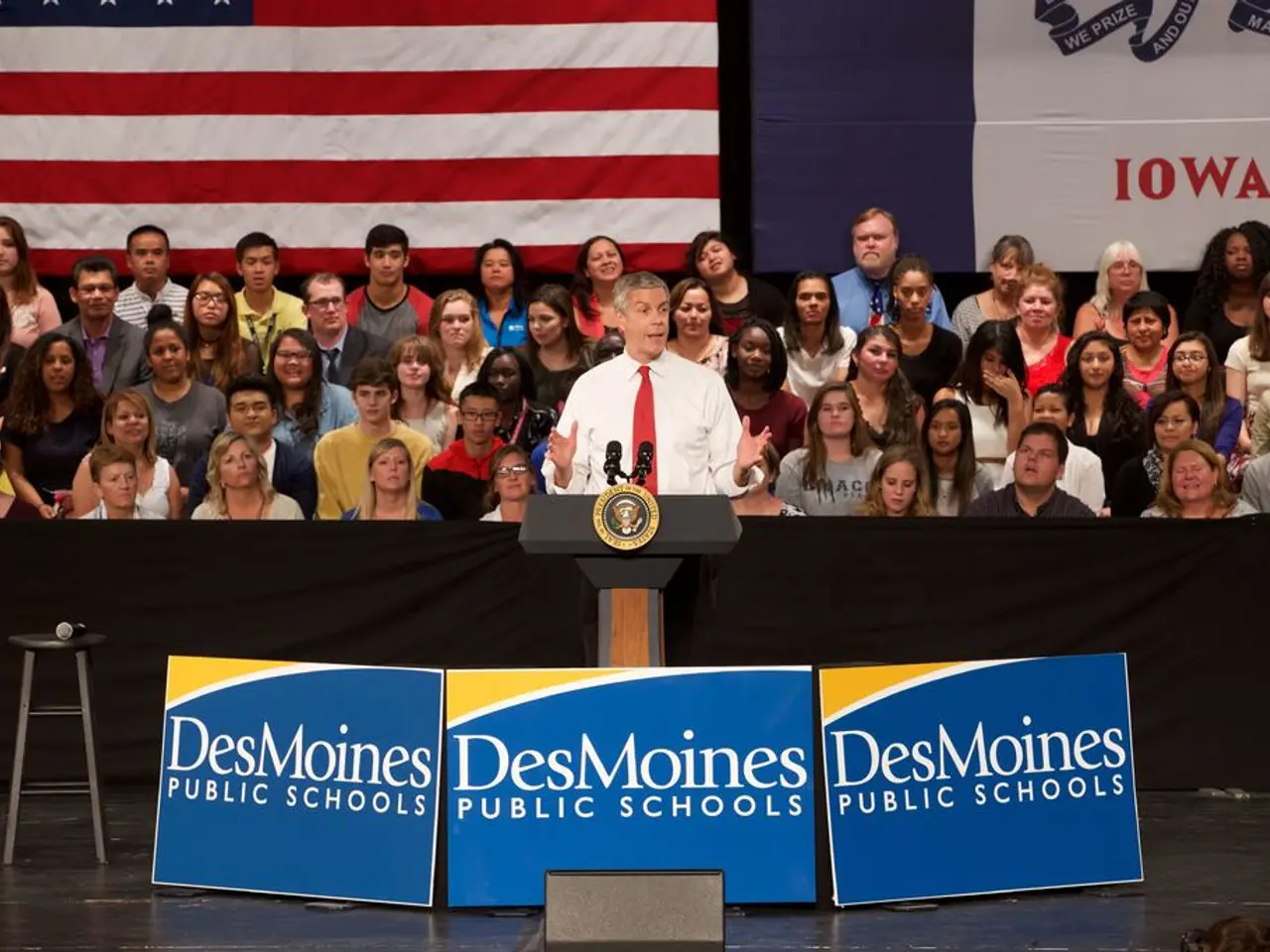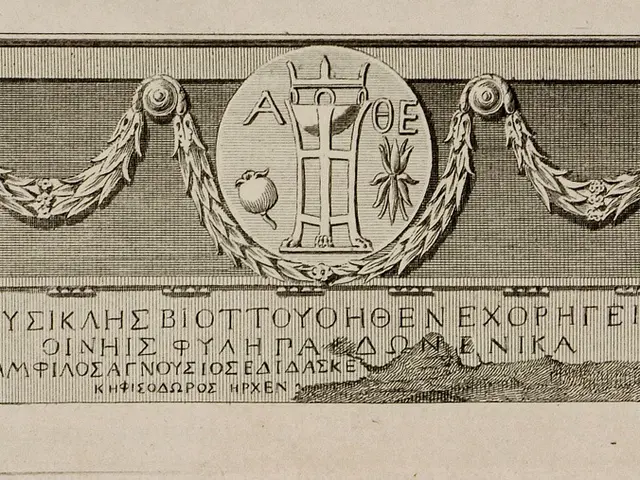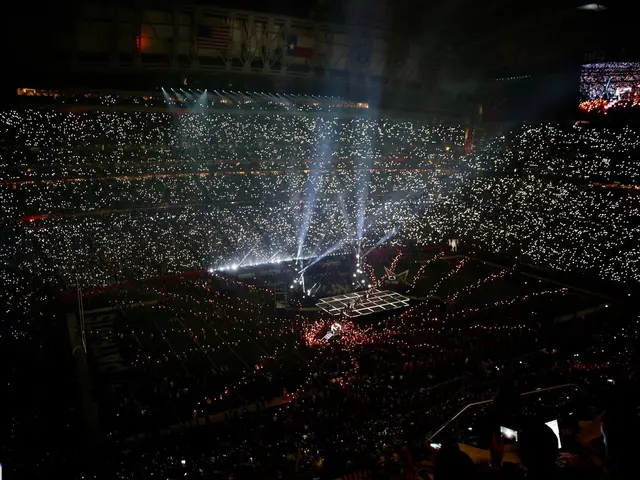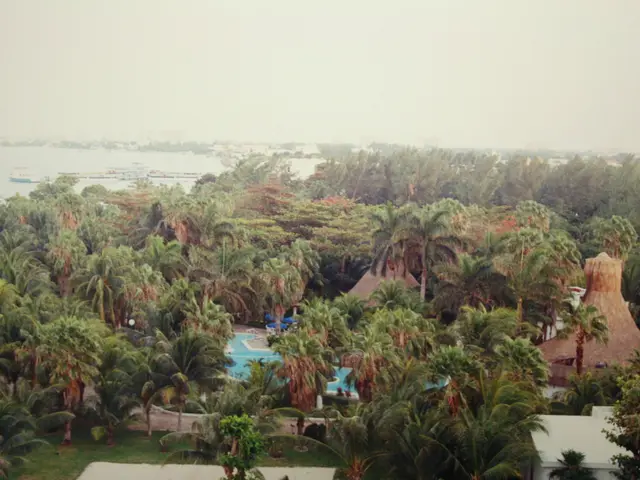Travel restrictions on African leader implicated in corruption scandals set for relaxation by US authorities
The Trump administration is planning to grant a one-month sanctions waiver to Teodoro "Teddy" Nguema Obiang, the vice president of Equatorial Guinea. This decision, which has sparked controversy, is partly based on the need to blunt growing Chinese influence in Equatorial Guinea.
Obiang, the son and heir apparent to the aging leader of Equatorial Guinea, who has been in power since 1979, is in charge of national defense and security. He has long faced sanctions from the U.S. and other countries due to allegations of corruption. In 2017, a French court convicted Obiang of embezzling millions of euros and handed him a three-year suspended sentence, a 30-million euro fine, and ordered the seizure of his luxury homes and cars in France.
Officials argue that granting the waiver would help build goodwill with Obiang, who holds decision-making power, and assist U.S. businesses, particularly in the oil and gas sector, in maintaining, improving, and expanding their investments in Equatorial Guinea. The State Department's decision is based on recommendations that it is in the U.S. national interest to blunt growing Chinese influence in Equatorial Guinea and boost American oil and gas business interests there.
China is seeking to build a naval base in Equatorial Guinea, which would be China's second naval base in Africa and its first ever on the Atlantic Ocean. This move has raised concerns in the U.S., with the waiver intended to allow Obiang to travel to a high-level U.N. gathering in New York and visit other American cities.
It is important to note that numerous other current and former world leaders and senior government officials are subject to U.S. corruption sanctions and travel restrictions. Obiang reached a settlement with the U.S. in 2014 to give up more than $30 million in assets, including a Malibu mansion, a Ferrari, and a collection of Michael Jackson memorabilia, that prosecutors said were attained with the proceeds of corruption.
The administration has recently cracked down on student visa holders for anti-Israeli and pro-Palestinian activity and tightened requirements for citizens of many countries. However, the U.S. State Department declined to comment on the matter regarding the sanctions waiver for Obiang.
Despite Equatorial Guinea's oil and gas riches, at least 70% of its nearly 2 million people live in poverty. The U.S. decision to grant a one-month sanctions waiver to Obiang is a complex issue, with arguments on both sides. While some argue it is necessary to maintain and improve U.S. business interests and counter Chinese influence, others question the ethical implications of granting such a waiver to a leader accused of corruption.
Read also:
- ICE directed to enhance detention conditions following NYC immigrants' allegations of maltreatment
- Israeli finance minister issues warnings about potential annexation of West Bank territories
- United States faces rebuttal from South Africa over allegedly deceitful human rights report and assertions of land expropriation
- Accident at Rodalben Results in Injuries; Geoskop Area near Kusel Affected After Stormy Weather








